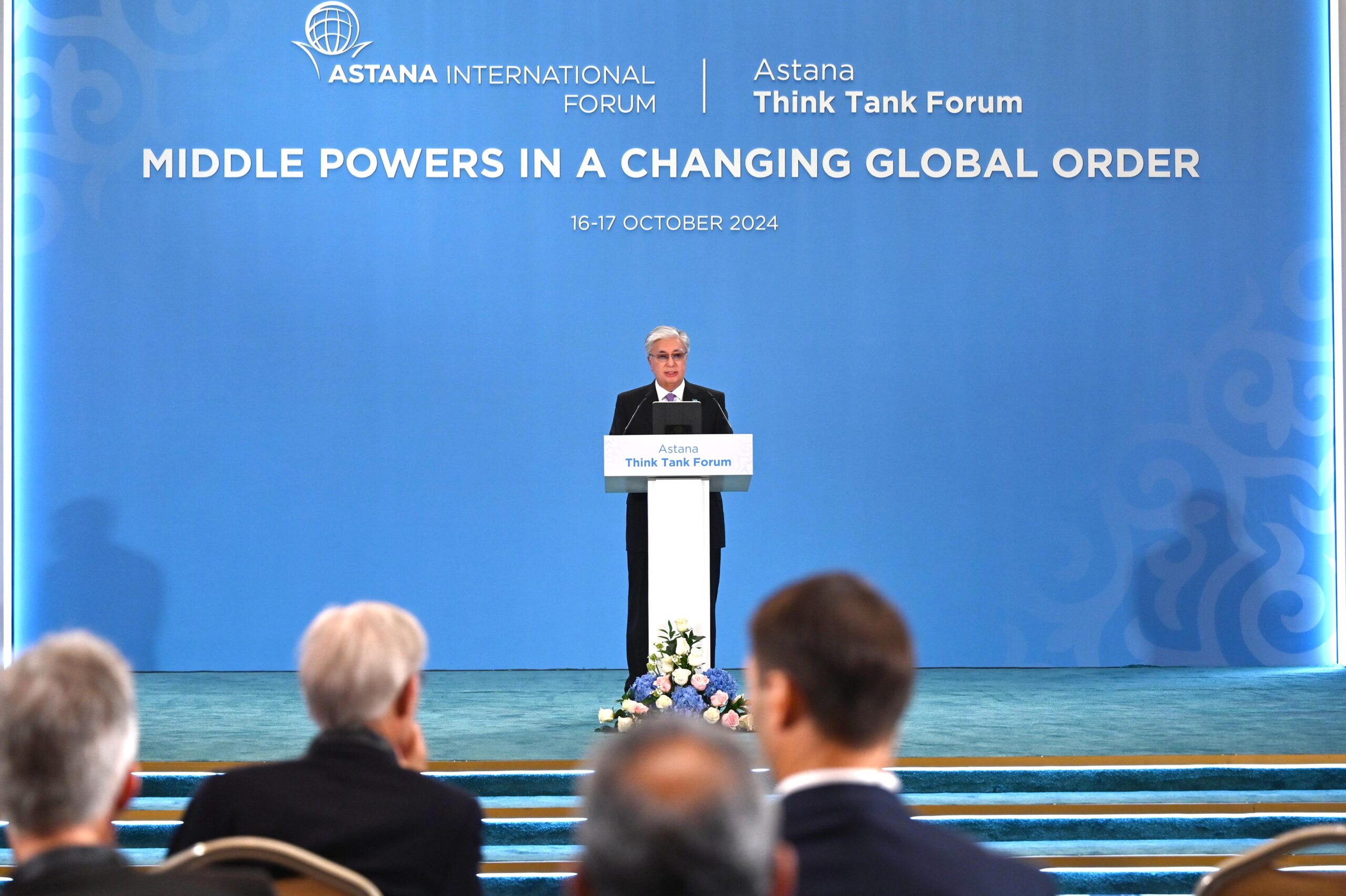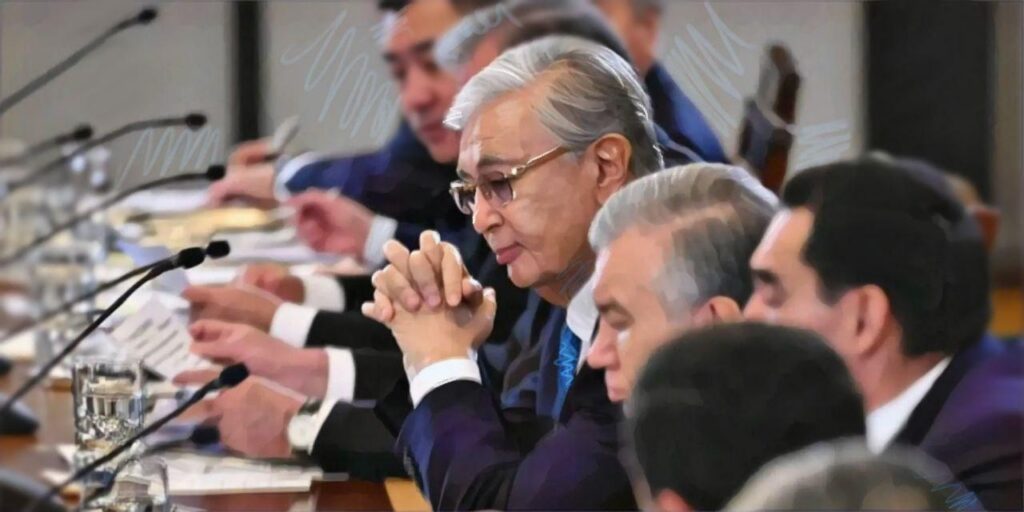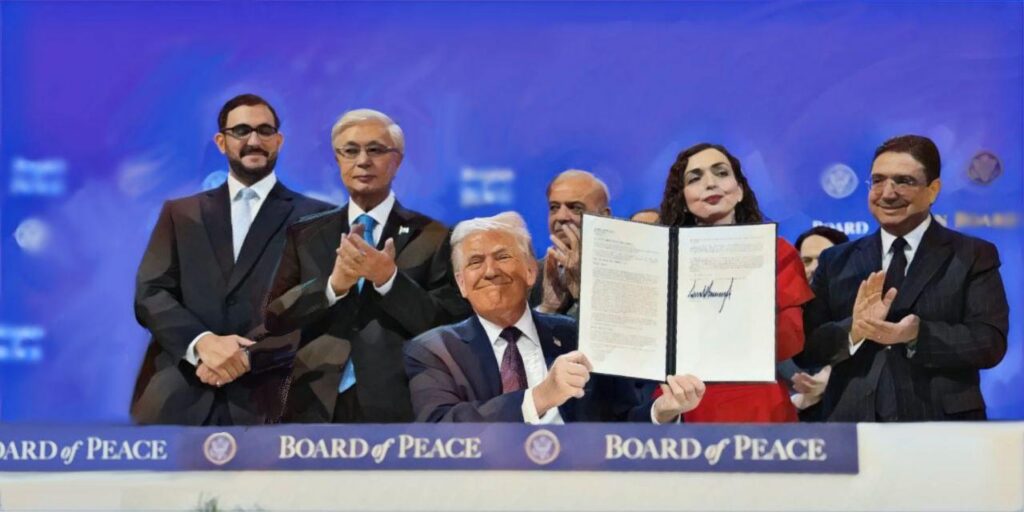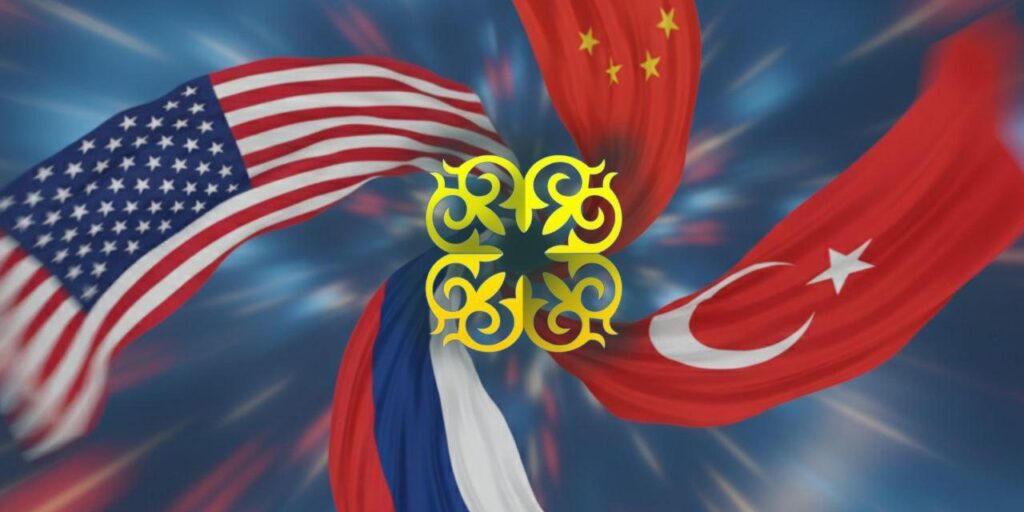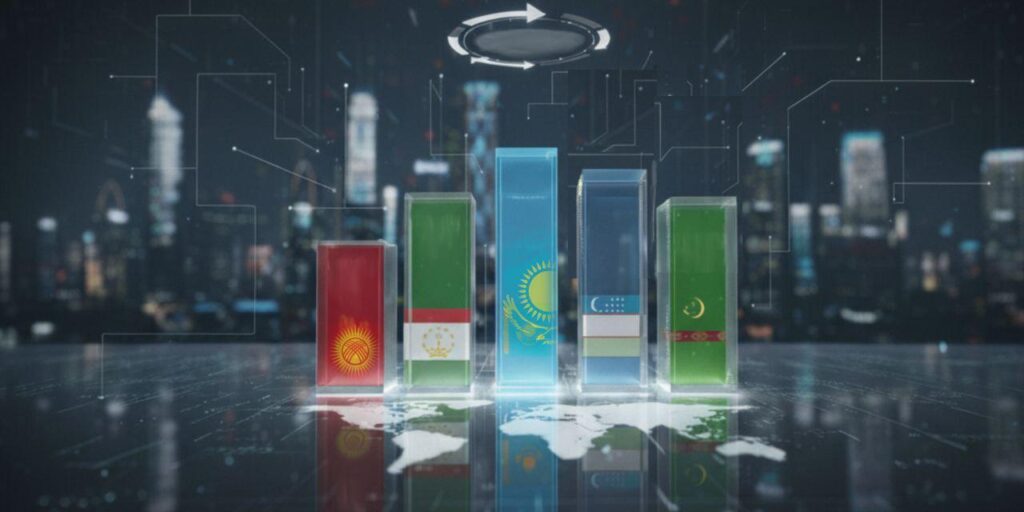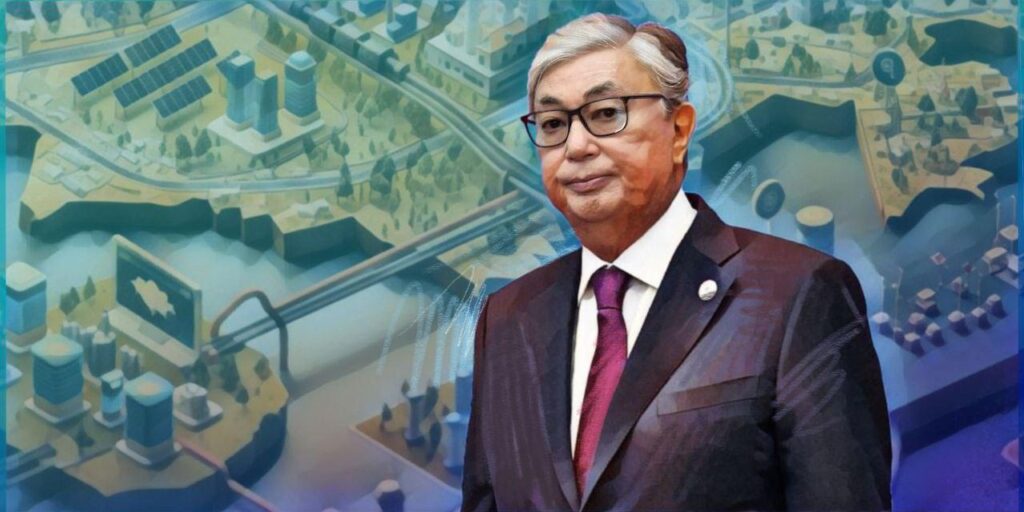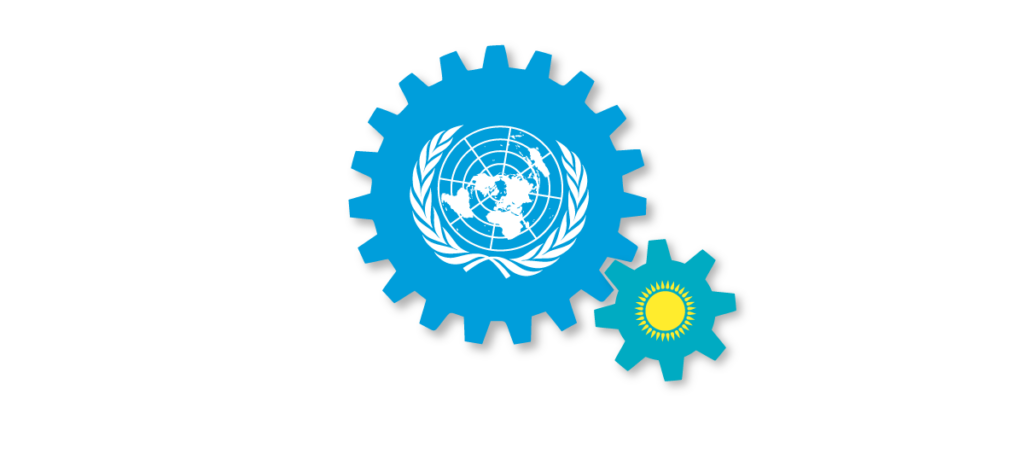On October 16-17, the capital of Kazakhstan hosted the Astana Think Tank International Forum. The theme of the two-day meeting was “Middle Powers in the Changing Global Order: Strengthening Security, Stability and Sustainable Development.” Experts from 22 countries — heads of leading think tanks, politicians and diplomats — participated and spoke at the event. Kazakhstan’s President Kassym-Jomart Tokayev addressed the forum.
The two-day event focused on geopolitical, economic and strategic issues, including the role of mediating countries in resolving global conflicts.
One of the main topics was determining the potential of intermediate states in forming a new world system under conditions of geopolitical tension. The experts tried to define the term “middle power” and what countries can be classified as middle powers.
The moderator of the key session, Charles McLean, Managing Director of Borderless Consulting Group, invited the participants to answer several questions about the criteria, characteristics, and influence of middle powers in the modern geopolitical context.
Dino Patti Djalal, Chair of the Foreign Policy Community of Indonesia (FPCI), suggested categorizing all the of the world’s states using analogies to boxing weight classes: heavyweights, middleweights, and lightweights. According to Djalal, middle powers have great potential to create a new world order.
“There are several dimensions of middle powers. The first is potential, encompassing territorial and demographic size factors, political and economic weight, and a state’s foreign policy ambitions. The second dimension is a moderate stance on major global issues,” Djalal said. Citing Kazakhstan as an example of a middle power, Djalal stated that Kazakhstan has achieved this status due to its balanced position, which allows it to exert some influence on the formation of the world order. Djalal emphasized that, even today, middle states (the bulk of which are concentrated in the Global South) can solve regional issues without the participation of so-called ‘world powers’.
“Look at Southeast Asia. Indonesia and Singapore solve their issues directly, without external influence. Naturally, this situation is developing in the conditions of weakening U.S. influence. Middle powers are dictating new rules,” Djalal noted, and should voice their positions on the global agenda, so their “voice” will be heard and become more “powerful.”
Michel Duclos, Special Advisor on Geopolitics, suggested that regional powers whose activities have a global impact should be considered middle powers. “The great challenge for middle powers is establishing peace and stabilizing the situation. However, a common platform for all middle powers must be formed. This applies to the Global South and the Global North. France and others are reforming the UN Security Council,” Duclos stated.
Joshua Lincoln from the Center for International Law and Governance at the Fletcher School (Tufts University), meanwhile, believes that increasing competition between great powers opens a “window of opportunity” for medium-sized states. “Geopolitical rivalries, the fragmentation of the world order, and the disillusionment of many with existing international institutions offer middle powers an opportunity to bring order to today’s chaos. Their stance can enormously contribute to the world’s security, stability, and sustainability. However, no country, even a great power, can exist without partners. Therefore, the key role of middle powers is to create a connective tissue in international relations,” Joshua Lincoln told the event.
Kazakhstan’s Deputy Foreign Minister, Akan Rakhmetullin, suggested that middle powers should be characterized as countries that have good relations with most external partners.
“Kazakhstan’s geographical location determines our interaction with external players: we build cooperation with other states not only from the position of developing our country and ensuring national interests, but also from striving to strengthen peace and stability in a global context. Since the first years of independence, Kazakhstan has been building a pragmatic multi-vector foreign policy, promoting the ideas of international dialog and cooperation as a basis for solving any issues,” Rakhmetullin stated, emphasizing that he believes that reforming the UN’s algorithms is necessary to create a synergy of middle powers.
“What prevents us from achieving stability and security? Look how many resolutions have been adopted on the Iranian and North Korean nuclear programs, on Palestine, and on countering terrorism. But how many of these UN resolutions have been implemented? The Security Council’s permanent members cannot reach a common denominator – the body is paralyzed. In turn, medium-sized states can build bridges, interacting with all countries,” said the Deputy Foreign Minister.
The second day of the Forum began with a speech by the President of Kazakhstan, Kassym-Jomart Tokayev, who reminded those in attendance of the importance of exchanging ideas on the most pressing global and regional issues. “While major powers are consumed by rivalry or simply cannot reach a compromise, middle powers often become mediators in settling disputes, thus supporting the fundamental basis of global cooperation,” said Tokayev.
The President emphasized that Kazakhstan will continue to defend the voices of middle powers in international forums, including the UN Security Council.
“We would like to see a more inclusive and sustainable international system. States, no matter how large or small they are, should be able to do their part in building a better world… We do not want to be idle observers in this changing international order; rather, we seek to become architects of a more balanced, fair, and sustainable global system,” Tokayev said, before turning to the Russia-Ukraine conflict.
“As I said during my talks with Chancellor Scholz, Russia is militarily invincible,” Tokayev stated. “This fact is confirmed by Russia’s military potential and the support of this country’s population for the policy of President Putin, and by history itself. Therefore, we believe seeking options for a peaceful settlement is necessary, and we support realistic plans from all nations, including China and Brazil. There is no other way. The alternative is a war of mutual destruction. Some world forces may be interested in this, but it is a path to the abyss. Striving for peace through constructive negotiations is not a sign of weakness, but a manifestation of strategic prudence.”
